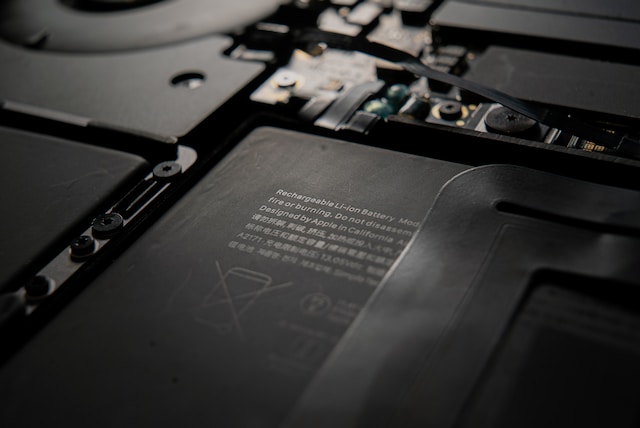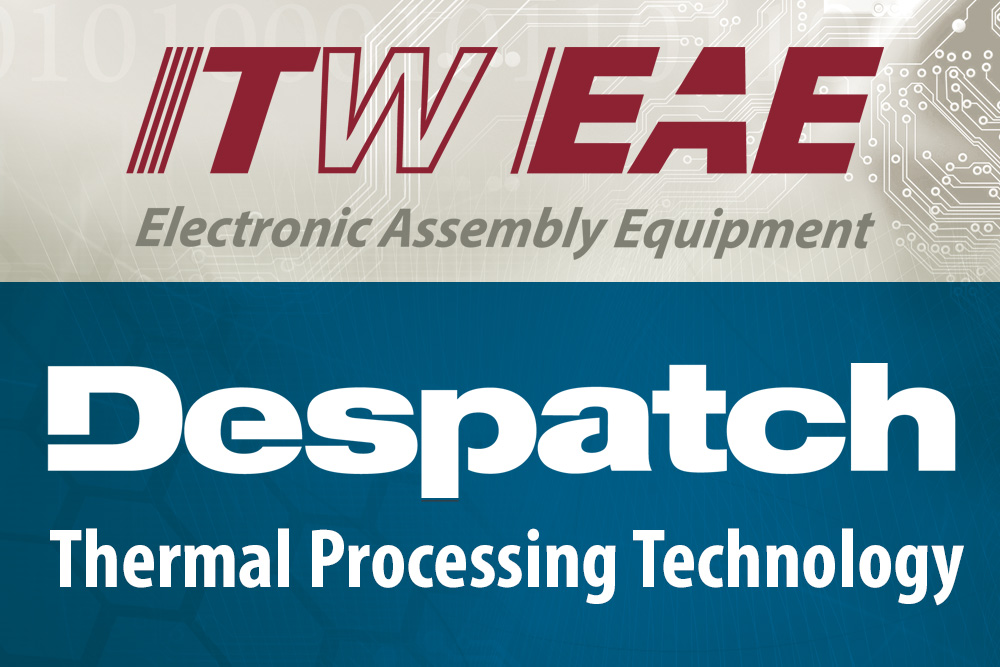The global demand for batteries is significantly increasing, especially with the rising share of Electric Vehicles (EVs). As an answer, scientists and manufacturers are actively conducting research projects focusing on finding an alternative to Lithium-Ion (Li-Ion) batteries. In addition, sodium-ion batteries are gaining popularity, and Chinese companies such as Contemporary Amperex Technology (CATL) are looking forward to putting this battery type into mass production. Other companies that research this field include BYD and EVE Energy.
As lithium resources are finite, and the price is unpredictable, alternatives to lithium-ion are increasing their importance. Moreover, sodium-ion batteries may present the perfect solution for an alternative, as the chemistry is similar, and the working principle of such systems is the same as lithium-ion, meaning that the systems can be converted without any barriers.
The progress is proven by the presentation of the first electric car with such a battery system. Namely, Volkswagen and JAC produced the first vehicle equipped with a sodium-ion battery, which is able to cover a maximum of 157 miles (253 km).
It is also concluded that sodium batteries will be more affordable, safer (non-flammable), and more environmentally friendly. Another benefit is that the production of sodium-ion technology, unlike lithium-ion, does not require rare salts, and substances such as cobalt are not needed. However, lower energy density remains a disadvantage, as this would influence EVs’ driving range. As a result, in the short-term such batteries are not expected to enter the automotive sector, but since researchers are working on improving energy density, the technology could be commercialized in the following years.
Other start-ups are also exploring opportunities for sodium-ion commercialization. The application of sodium-ion batteries may not be limited only to the transportation sector, as these could be integrated into a variety of industries such as consumer electronics, industrial applications, and energy storage. When technical maturity is reached, sodium-ion could possibly replace lithium-ion, however, it will take time.
Photo by Mika Baumeister on Unsplash






